#AmericanAutomobileAssociation
AAA Endorses Driver-Monitoring Camera Systems
Despite the automotive industry collectively promising to commence deliveries of self-driving cars in 2019, autonomous vehicles have remained test platforms for technologies that don’t yet seem ready for mass consumption. Public perception of the concept has also endured a few setbacks after several fatalities involving partially autonomous vehicles received national media attention. Today, the relevant technologies have failed to mature as swiftly as indicated and there are a whole host of legal ramifications to contend with.
Selling an automobile that’s marketed as being able to drive itself (even partially) are exposing automakers to a whole new demographic of lawsuits, so they’re desperate to install failsafe measures that places the onus of responsibility back onto the driver. Their current favorite is driver-monitoring cameras, which the American Automobile Association (AAA) likewise believes are probably the best solution. The outlet recently shared the results of a study attempting to determine which driver-engagement systems worked best and decided that in-cabin cameras were the leading choice in a batch of bad options.
Rain or Shine: AAA Finds Out Advanced Driving Aids Still Suck
A new study from the American Automobile Association (AAA) has found that rain can severely impair advanced driver-assistance systems (ADAS). Similar to how highway traffic slows to a crawl when there’s a sudden deluge, modern safety equipment can have real trouble performing when a drizzle becomes a downpour.
On Thursday, the motor club organization released findings from closed-course testing that appeared to indicate some assistance suites had real trouble seeing through bad weather. AAA reported that 33 percent of test vehicles equipped with automatic emergency braking traveling collided with a stopped car when exposed to simulated rainfall at 35 mph. The numbers for automatic lane-keeping was worse, with 69 percent drifting outside the lines. Considering the number of times the people writing for this website have anecdotally criticized ADAS for misbehaving in snow, sleet, rain, fog, or just from an automobile being a little too dirty, it’s hard not to feel a little vindicated.
Study: Average Annual Vehicle Ownership Cost Nearly $10,000
The average cost of owning a vehicle is now $9,666 per year, according to the American Automobile Association (AAA). While the sum is up substantially over the 2019 average of $9,282, 2020 was sitting at a much tighter $9,561.
Of course, none of this means anything to you unless you happen to drive the most typical vehicle in the most likely manner imaginable. The problem with coming up with a representative figure is that it doesn’t actually represent any one driver or automobile. But AAA was good enough to provide some basic calculation tools to help determine where you fall on the spectrum and some pointers on how to bring those rates down. Though the biggest factor remains which hunk of metal happens to be occupying your driveway.
Are Modern Driving Assistance Features Unreliable? AAA Researchers Say Yes
The American Automobile Association (AAA) is recommending automakers limit the use of advanced driving aids after concluding they’re not really up to the challenge of providing reliable safety.
Over the past two years, AAA has focused on testing crash prevention systems to see if they’re all manufacturers claim — deciding that while many are useful in some instances, they’re far too inconsistent to be considered reliable safety nets. Like us, the group worries that making these features commonplace has created a false sense of security among drivers. While one might assume advanced driving aids have to be halfway decent to be put into vehicles, AAA’s pedestrian detection test from 2019 showed they’re anything but consistent.
On Thursday, America’s favorite motor club returned to report on its latest findings on five systems currently offered by the industry. For the test, AAA selected a 2019 BMW X7 with Active Driving Assistant Professional, 2019 Cadillac CT6 with Super Cruise, 2019 Ford Edge with Co-Pilot360, 2020 Kia Telluride with Highway Driving Assist, and a 2020 Subaru Outback with EyeSight. The group was sent to numerous testing sites in California, Utah, and Nevada, and given a 4,000-mile shakedown on public roads — where the outfit found the systems averaged a misstep or disengagement roughly every 8 miles.
Reportedly Terrible: AAA Tests Pedestrian Detection Systems
The paranoid luddites that write for this site have occasionally been accused of being hyper critical of modern-day driving aids. Be it a cursory mention of how a little snow totally flummoxed the systems of an otherwise agreeable review car, the direct addressing of an issue where road salt encouraged a vehicle to attempt to steer itself into a ditch, or one of this author’s many diatribes on how the bulk of this technology doesn’t seem anywhere near market ready, there’s always a couple of exceptional individuals ready to call us backward-looking morons.
While that’s often a correct assessment in other matters, it seems we’ve called this one correctly. The American Automobile Association (AAA) recently tested four sedans from competing manufacturers, running them through a handful of scenarios intended to replicate situations that place pedestrians at extreme risk. Taking into account the above smugness, you can probably imagine how poorly it went.
The Cost of Ownership: Financing a Car Hasn't Gotten Any Cheaper, Says AAA
The American Automobile Association (AAA) suggests that long-term loans are encouraging ownership costs of new vehicles to climb. In some instances, the group suggests customers could be on the hook for well over $10,000 per year. While this only applies to larger and more expensive automobiles, AAA says the trend is all-encompassing — spurred largely by changing finance conditions.
According to AAA’s latest research, finance costs on new vehicle purchases have jumped 24 percent in 2019, elevating the average annual cost of car ownership to $9,282 ($773.50 per month).
“Finance costs accounted for more than 40 [percent] of the total increase in average vehicle ownership costs,” elaborated John Nielsen, AAA’s managing director for Automotive Engineering & Repair. “AAA found finance charges rose more sharply in the last 12 months than any major expense associated with owning a vehicle.”
Self-Driving Cars Still Not Scratching Public in the Right Places
Every few months, the American Automobile Association gives us an update on the public’s feelings toward autonomous vehicles. Its surveys continue to place the number of individuals made uncomfortable by the idea of riding in a self-driving car at around 3 in 4.
While the ratio did come down slightly in 2017, high-profile fatalities involving autonomous (or Autopilot-enabled) vehicles in Florida, California, and Arizona ultimately took the number of fearful motorists back up to 78 percent by the start of 2018. For 2019, AAA said 71 percent of survey respondents still had serious trepidation, with only 19 percent claiming they’d even consider putting a loved one into a self-driving vehicle.
AAA Research Lays Out How Temperature Affects EV Range
While we all know extreme temperatures influence the performance of electric vehicles, there isn’t a wealth of comprehensive studies on the matter. Hoping to impart some knowledge on the subject, the American Automobile Association released a report on Thursday that examines how climate impacts EVs.
AAA offered an abridged version in 2014, when it claimed data from its Automotive Research Center (ARC) showed battery-only driving range can be nearly 60 percent lower in extreme cold and 33 percent lower in extreme heat. However, the new study fine-tunes those numbers while exploring other avenues of how EV performance can suffer.
AAA: There's Too Many Driver Assistance Tech Names
If you read this website regularly, browse automobiles online, or have taken a trip to the dealership within the last couple of years, you’ve probably noticed the countless names applied to driver assistance systems appearing in new cars. It’s the result of automakers wanting proprietary names for these features that they think sound catchy.
Not everyone is a fan. The American Automobile Association (AAA) doesn’t feel that “having twenty unique names for adaptive cruise control and nineteen different names for lane keeping assistance” helps consumers make informed decisions.
According to its own research, AAA claims that advanced driver assistance systems (ADAS) were available on 92.7 percent of new vehicles on sale in the United States as of May 2018. That makes them next to impossible for consumers to avoid. Thus, the motor club group feels it’s time for automakers to standardize their naming strategies — if for no other reason than to help preserve our sanity.
Scary Stats: Drivers Don't Know Jack About the Tech In Their Car
Over the weekend, I found myself conversing with a young woman who admitted to being slightly creeped out by modern automotive technology. She had a bone to pick with everything from push-button ignitions to adaptive cruise control. It was surprising admission from an individual who is planted squarely in the middle of the Millennial age bracket and has no serious interest in cars, but one I’ve been hearing more often lately.
The American Automobile Association seems to be rather touchy on the issue, as well. Much of its interest in the subject revolves around present-day tech lending itself to distracted driving, something it is firmly against. But the AAA Foundation for Traffic Safety appears absolutely convinced that the introduction of advanced driver assistance systems will save lives. However, it also believes that its full potential won’t be unlocked until consumers accept these technologies, understand how to use them, use them as intended, and avoid misusing or becoming over-reliant on them.
Frankly, that sounds like wishful thinking. So long as advanced driving aids exist, they’ll probably be misunderstood and misused. People don’t even use their turn signals correctly, for Christ’s sake.
Doing the Math: Over a Quarter of New Cars Do Not Come With a Spare Tire
It always happens when you aren’t expecting it. You’re cruising along in your automobile, listening to the radio and making wonderful time. Then, all of a sudden, the steering feels odd — there is an overabundance of vibration and the car keeps pulling to one side. You’ve got a flat tire.
Annoying, to be sure. Fortunately, this isn’t your first rodeo and you pull off to swap the punctured rubber with a spare. However, if you own a brand new car, you might be disappointed to learn there’s decent chance it doesn’t even have one. According to a recent study conducted by the American Automobile Association, 28 percent of 2017 model-year vehicles aren’t equipped with spare tires — leaving you breaking out the compressed air and sealant or calling for a tow truck.
AAA Study Finds Infotainment Systems Dangerously Distracting
Automobiles are more tech-laden than ever and, according to a recent study, those interactive bells and whistles contribute heavily to distracted driving.
With connected cars ready to shoot off assembly lines and into driveways at an accelerated pace, the danger of someone flicking through their dashboard menus when they should be looking at the road is only going to grow. Many states prohibit phone usage while driving, yet there is no law against setting your radio pre-tunes or customizing your digital dashboard while hurtling down the expressway — not that there necessarily should be.
However, the American Automobile Association’s Foundation for Traffic Safety commissioned researchers from the University of Utah to examine the physical and mental demand required to complete various tasks using the infotainment systems in 30 new 2017 vehicles. The conclusion was that the growing cavalcade of buttons, screens, and technology does an incredibly good job at keeping you from minding the road ahead.
Tesla Motors Annoyed After AAA Raised Insurance Rates on Its Cars
The American Automobile Association thinks Tesla cars should cost more to insure due to abnormally high claim frequencies and expenditures compared to similar vehicles. The group said premiums for Tesla’s Model X and Model S could increase by up to 30 percent, based primarily on data from the Highway Loss Data Institute. “Looking at a much broader set of countrywide data, we saw the same patterns observed in our own data, and that gave us the confidence to change rates,” said Anthony Ptasznik, chief actuary of AAA.
Obviously, Tesla Motors isn’t pleased and is offering a rebuttal before other insurers follow in AAA’s footsteps.
Forget Automakers, Now AAA Wants to Lend You a Car
Automakers, both domestic and come-from-away, all want you to do the next best thing if your meager funds aren’t enough to get you into a showroom: borrow a car.
Ride-sharing services provide mainly urban dwellers with the car they so desperately crave, without the years of payments or need to find permanent parking. And, if an automaker partners up with a service provider — or creates its own — there’s still money flowing back to the offices of Big Auto. Win-win, no?
The growing trend is hard to ignore, and it means that automakers — already new to the game — face ever greater competition, even from unlikely sources. The latest company to offer a ride-sharing service isn’t a manufacturer at all. It’s the American Automobile Association.
Try to Avoid Offending Other Motorists, AAA Warns North Jersey Drivers
Warm spring weather seems to have motorists in northern New Jersey acting on their not-so-best behavior. So much so, that a local American Automobile Association branch has issued a plea urging motorists to avoid road rage and “resulting driver confrontations.”
The Situation needs to simmer down.



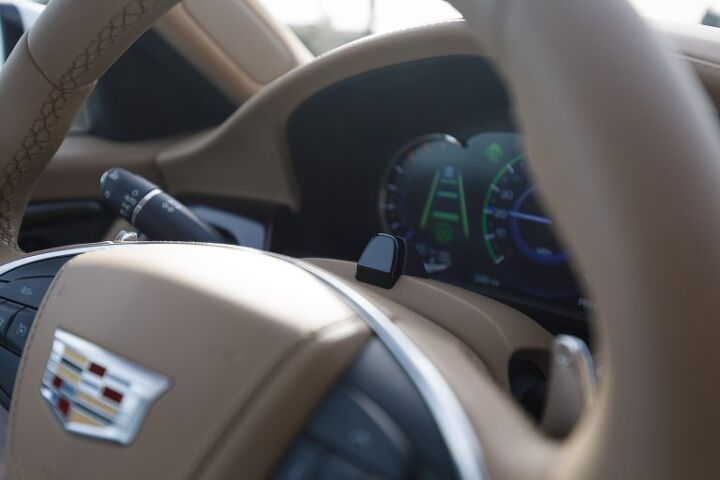
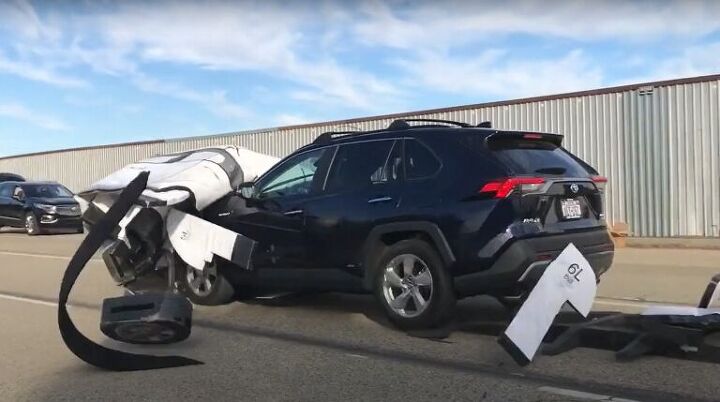



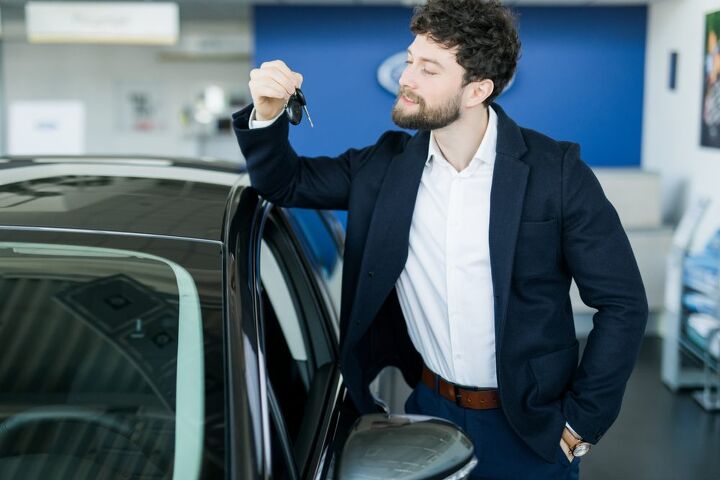


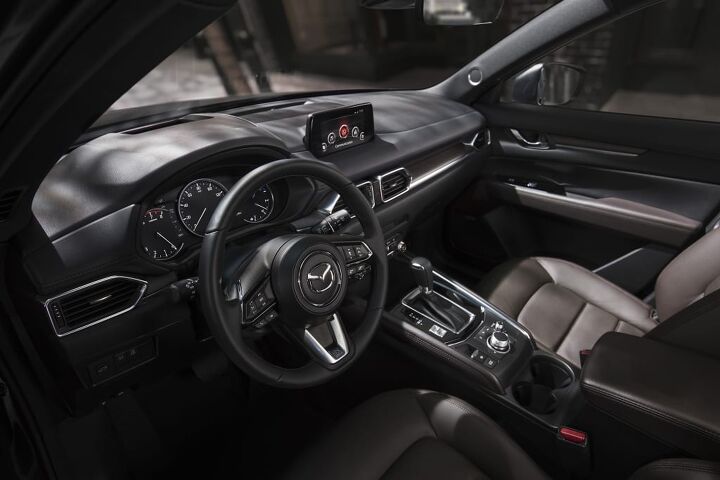
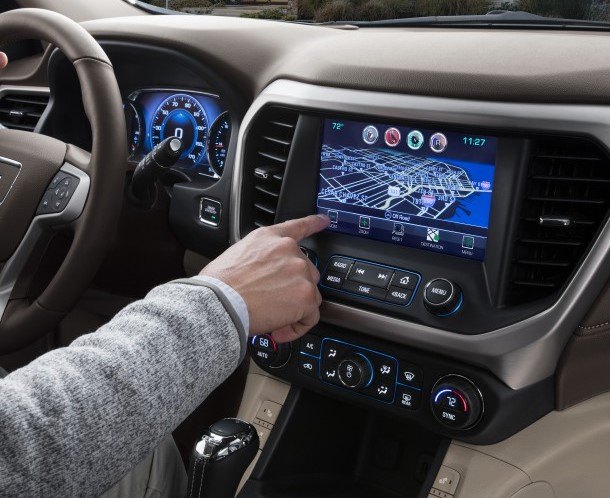


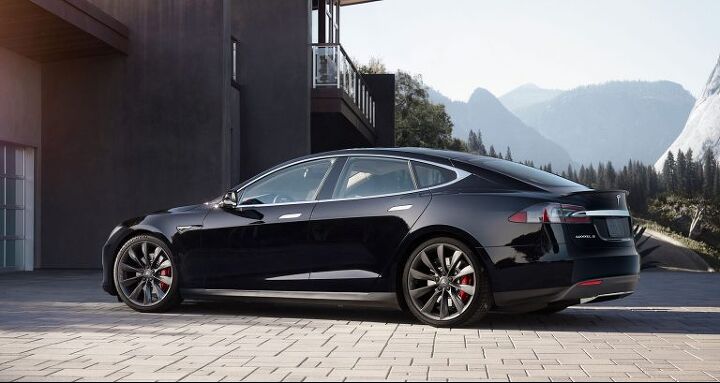














Recent Comments